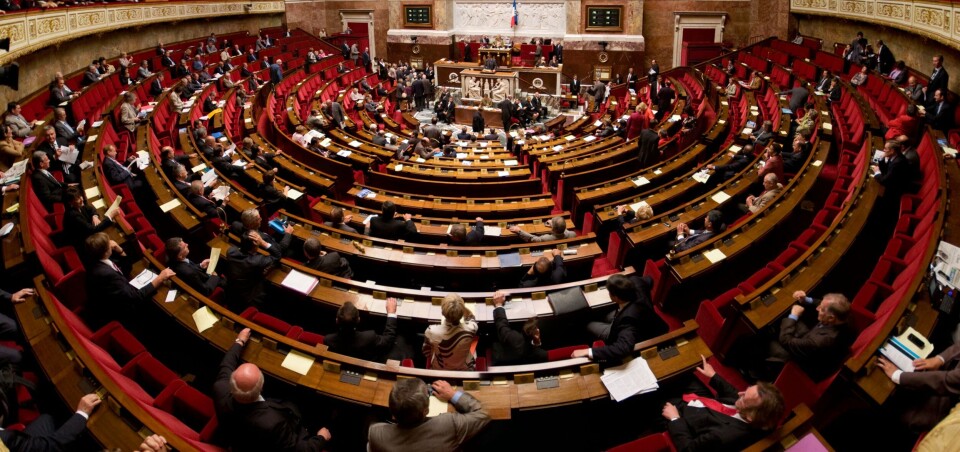-
May will be difficult month for train travel in France, warns minister
Two major train unions are threatening to strike and are ‘not willing to negotiate’, he says
-
Larousse dictionary adds 150 new French words - which ones do you know?
The new words come from trends in sport, nature, leisure, food, medicine, and the rest of the French-speaking world
-
Large increase in Americans buying properties on the Cote d’Azur
President Trump is cited as a major factor, but is not the only reason for the area’s popularity
MPs agree to end France’s state of health emergency on June 1
The government will, after this date, only be able to bring in local lockdowns that impact at most 10% of the population during a four-month transition period

The French parliament has agreed a law that will see the state of health emergency end on June 1 and be replaced the following day with a transitional period that will run until the end of September.
The law was approved during a debate in the Assemblée nationale last night (May 11). It must still be approved by the senate, with a debate set to take place on May 18.
The current emergency state was introduced on October 17, 2020. It allows the government to introduce without decrees measures such as lockdowns and travel restrictions at local and national level.
What will change on June 2?
During the four-month transition period, the prime minister can continue to implement measures by decree that are “in the interest of public health and for the sole purpose of combating the spread of the Covid-19 epidemic”.
A lockdown on a national level will no longer be legally possible.
The government will, though, retain the right to place up to 10% of the population under lockdown, by decree, in any areas where Covid-19 continues to pose a threat.
It will also be permitted to close shops under the same rule.
These measures would only be allowed for one month maximum, otherwise a new Parliament vote would be necessary.
The national night-time curfew, currently in place between 19:00 and 06:00 but set to be gradually pushed back, will still be legally permitted under the transition period and will be continued until the end of June.
Our graphic below explains how France will ease Covid-related restrictions over the next two months, including plans to push back the curfew until it is dropped on June 30.
The law on exiting the state of health emergency also included an article related to the introduction of a Covid-19 health pass. This pass will be used to allow people in France to attend large events, such as festivals. You can read more about it here.
Why can the curfew continue?
A state of health emergency allows the prime minister to introduce measures that restrict freedom of movement, freedom of business and freedom of assembly (including measures prohibiting travel outside of the home).
Under the newly adopted law for exiting this state, the prime minister will indeed lose the right to ban people from leaving their homes, but will retain the right to regulate people’s movement, Franceinfo reported.
This means a lockdown is not allowed, but a curfew, which only regulates movement, is allowed.
This is a very slight nuance and has caused confusion in France.
On April 28, Prime Minister Jean Castex announced that the government planned to end the state of health emergency on June 1. Many media outlets reported that this would automatically end the curfew.
The following day, on April 29, President Emmanuel Macron announced a four-date easing of Covid-related restrictions that included the curfew continuing until June 30.
Read more:
French MPs vote in favour of Covid health pass for use from June 9
Covid France: How restaurants, shops, museums will reopen from May 19
























